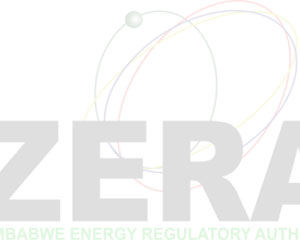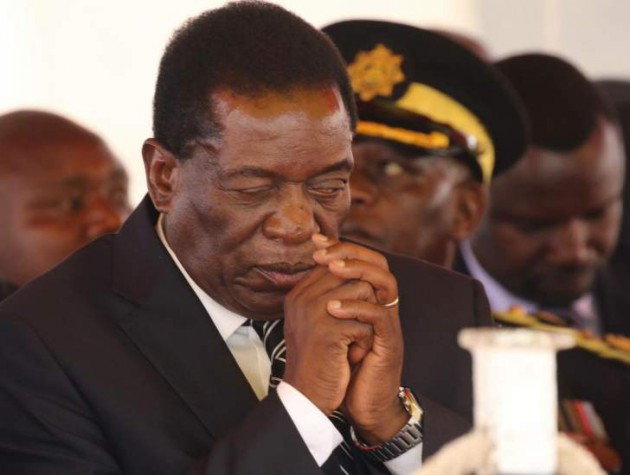
GOVERNMENT will soon approve mandatory energy efficiency audits with a view to come up with energy management systems being used in other southern African countries.
KUDZAI CHIMHANGWA
The Zimbabwe Energy Regulatory Authority (Zera) has already engaged a consulting firm, Sustainable African Energy Consortium (Saec) to conduct a national energy efficiency audit for Zimbabwe.
Director for Energy Conservation in the ministry of Energy and Power Development, Raphael Tirivanhu said the ministry, through Zera, would carry out a national energy efficiency audit so as to determine the national efficiency baseline. This would ultimately lead to the formulation of an energy efficiency strategy for the country.
“The purpose of the energy efficiency strategy will be to promote mandatory energy audits and regulate energy efficiency and conservation in all energy demand sectors as well as promote investment in this area,” he said.
Tirivanhu said that for the mining and the industrial sectors, there would be financial incentives for more energy efficient technologies, machinery and processes. Profitability drivers in industry include reducing costs in areas where possible and focusing on productivity enhancement.
However, production system efficiency in most of Zimbabwe’s industry is usually neglected due to the absence of investment in new technologies.
Tirivanhu said government was committed to promoting efficiency in all sectors of the economy as indicated in the national energy policy. Zimbabwe’s tariff regime is currently pegged at US$0, 09 cents a figure which investors feel is insufficient for a reasonable return on investment.
- Chamisa under fire over US$120K donation
- Mavhunga puts DeMbare into Chibuku quarterfinals
- Pension funds bet on Cabora Bassa oilfields
- Councils defy govt fire tender directive
Keep Reading
Zimbabwe’s industrial sector is reeling under massive production costs associated with excessive load-shedding and use of generators to keep plants operating, among other challenges.
However, South African companies are estimated to be making savings of between 10 to 20% attributed to energy management systems adopted. In July, Zera will host a second stakeholder audit meeting with a final report to be presented by the end of August.
Saec consultant, Edward Chikuni said the Zimbabwe National Energy Efficiency Baseline Study was aimed at determining the state of energy efficiency in Zimbabwe.
He said the study would incorporate manufacturing, mining, transport, agriculture, and housing, among other sectors to produce 43 audits in total by end of August.
Energy consumed, economic activity outputs, cost of energy generated and age of technologies employed will be looked into under the Baseline Study.
Participants at the first stakeholder consultation heard that the current tariff structure needed to send the right signals to reward efficiencies and penalise inefficiency all captured in grid codes across all economic sectors.









